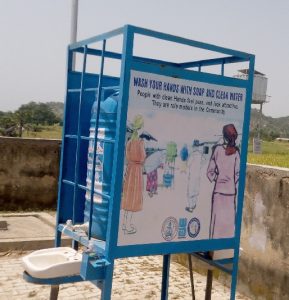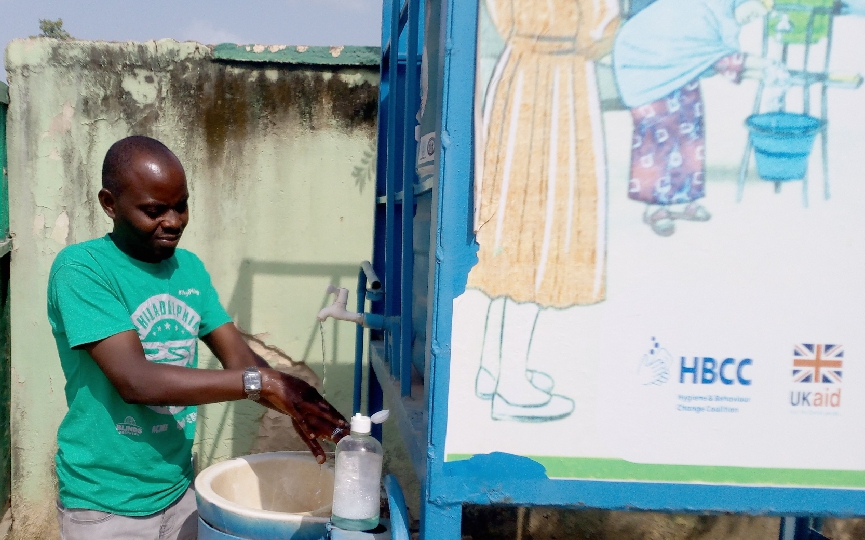By Ahmed AHMED
Health Workers in charge of Primary Health Care (PHCs) in Bauchi State have said that the presence of Water Sanitation and Hygiene WASH facilities in PHCs improves hygiene behaviour in communities.
Our correspondent reports that WaterAid Nigeria with their local implementing partner WODASS an NGO had provided some PHCs with WASH facilities during the COVID-19 outbreak in Bauchi.

Some health workers gave the assurance when WASH media network members visited Tafawa Balewa Local government and Federal Low Cost, Bauchi PHCs to Mark the 2023 world hand-washing day slated Sun 15, Oct.
They said the presence of WASH facilities in the health care centres has improved the hygiene behaviour of community members through constant sensitisation during Antenatal and routine immunization service.
Mrs Charity Joseph who is in charge of the Gital PHCs in Tafawa Balewa local government said the presence of hand-washing and other WASH facilities causes cholera, diarrhoea and other water-borne diseases in the community has drastically reduced.
“Access to safe WASH is vital for health and dignity, quality of care, infection prevention and control, safe birth and improving healthcare seeking behaviour.
“Ensuring that quality service delivery and behaviour change will last requires working through all the elements of the health system.
“Strategies put in place for the sustenance of hygiene at the facility include massive house-to-house sensitization on hygiene practices, training of guides who teach women and children on how to use the WASH facilities,” She said.
She added that the availability of water and effective collaboration with the Ward Development Committee and Village Development Committee had ensured the smooth running of the health facility.
Collaborating, Mr Sani Hassan who is in charge of the Federal Lowcust PHC in Bauchi said WASH in healthcare facilities helps to prevent the spread of diseases within the healthcare facility and to the surrounding community.
“Good hygiene practices by healthcare staff, patients and their caregivers, and access to clean water is essential to patient and staff safety and quality of care.
“Lack of WASH in healthcare facilities is devastating and contributes to millions of infection-related deaths. Infections also result in prolonged hospital stays and healthcare costs for families and health systems,” Hassan said.
Also speaking, Mr Mustapha Abdullahi Person with a Disability (PWD) and a volunteer Hygiene promoter in Tafawa Balewa local government said WASH facilities are fundamental to infection prevention and control.
He said sensitization of hygiene practices to PWDs has improved their living conditions in the communities
“They are now aware of how to use the toilets in public places and their houses without fear of contracting any disease.
“We teach disabled persons in this community how to ensure hygiene after using the toilet by ensuring that they wash their hands with water and soap.
“As well as wash their clothes after using the toilet so that they do not contact any bacteria diseases also washing their hands before eating and ensure that their environment is always clean” he said











Leave a Reply